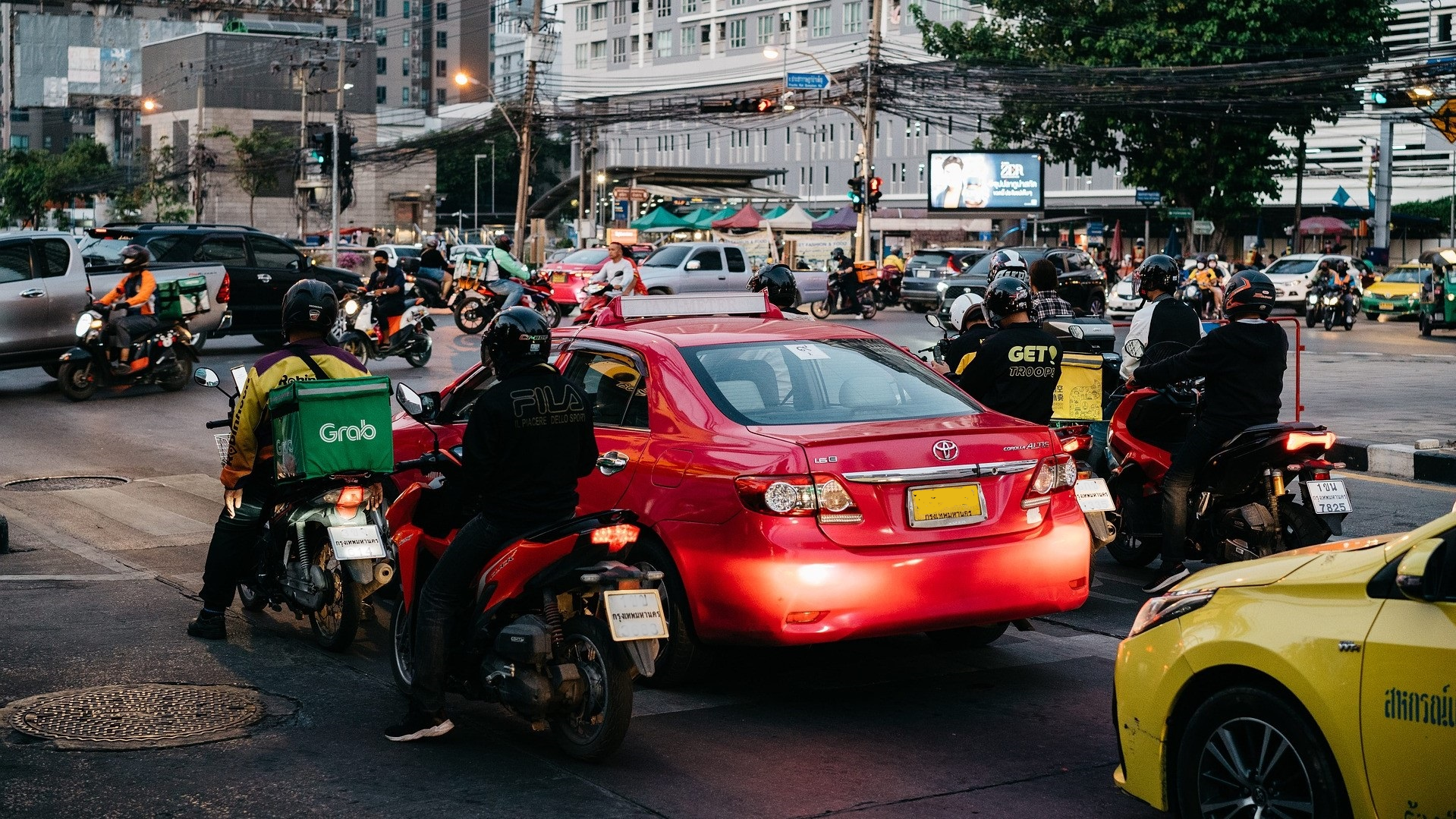
On 9–10 August 2022, the draft Regional Plan for Asia and the Pacific: the Second Decade of Action was presented at the UNESCAP regional meeting and expert group meeting in Bangkok, Thailand. The Regional Plan sets out the actions required in the Asia and Pacific region to achieve the Decade of Action 2021–2030. It tailors the Global Plan to the specific cultural and geographical needs of the Asia-Pacific Region. It is based on Safe System principles and sets the target of a 50% reduction in road crash deaths and injuries in the Decade. At the meeting, ESCAP member states went through the Plan point by point, ensuring that its meaning and intentions could be clearly understood.
The Alliance’s Director of Research and Accountability, Chika Sakashita, was among experts invited to explore the issues that governments must address in implementing the Regional Plan. Speaking on the Safe System approach, she referenced the Alliance’s analysis of country statements at the High-level Meeting, to demonstrate the lack of real world progress toward implementation of the Safe System. In a second presentation on tackling speed, she referred to the Asia Pacific Call to Action, drafted by Alliance NGOs. She emphasized NGOs’ call for speed reducing interventions to protect all people using the road transport system and promote a modal shift from personal car travel dependence to more inclusive and environmentally sensitive non-motorized transport and public transport systems.
Also presenting at the regional meeting was Puspa Raj Pant, Board Member at Alliance member NASA Nepal, who presented the NGO’s safe and affordable helmet campaign as inspiration to delegates seeking to improve helmet-wearing in their own countries. Puspa told us, “I am very much hopeful that this presentation has drawn the attention of WHO Nepal, UNESCAP, and the Ministry of Transport [in Nepal], and it will definitely help undertake NASA’s safe helmet campaign which we have implemented via the Alliance’s incubator program.”
NGOs’ involvement in the UNESCAP regional meeting is significant, signaling how the role of civil society in implementation of the Global Plan is being recognized by governments in Asia Pacific. Ishtiaque Ahmed from the UNESCAP Secretariat was an advisor to NGOs at the Alliance Asia Pacific regional consultation where NGOs drafted the Call to Action. It is encouraging to see that many of the themes picked up by NGOs in the call to action are also reflected in the Regional Plan.
For NGOs in the Asia Pacific region, the draft Regional Plan represents an opportunity to further engage with relevant Ministries and the road safety agencies to support them in implementing the Regional Plan and reporting on their progress. It is also a chance to share with them again the Asia Pacific NGO Call to Action. Puspa says, “I believe, having a Regional Plan describing the Global Plan is an important step to advancing the issue of road safety at country level through regional links.” He continues, “The recommendations [are] explicitly devised for the Asia-Pacific region. … [It is] full of action-oriented recommendations. NASA Nepal plans to use this document as another important reference to develop and carry out road safety advocacy and research in the future. We also plan to use the recommendations to incorporate in Nepal’s National Plan of Action for Road Safety (2021-2030) which is being led by the Ministry of Transport.”
UNESCAP plans to present the Regional Plan to the Committee on Transport of ESCAP for its endorsement in November this year.
Read the draft Regional Plan for Asia and the Pacific HERE and follow up with your governments. Check if your country is a UNESCAP member HERE. Check out NGOs’ Asia Pacific Call to Action HERE.